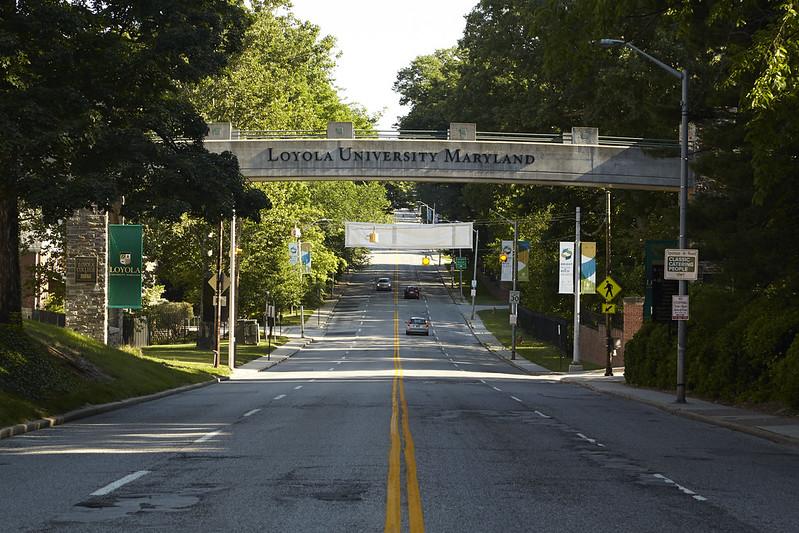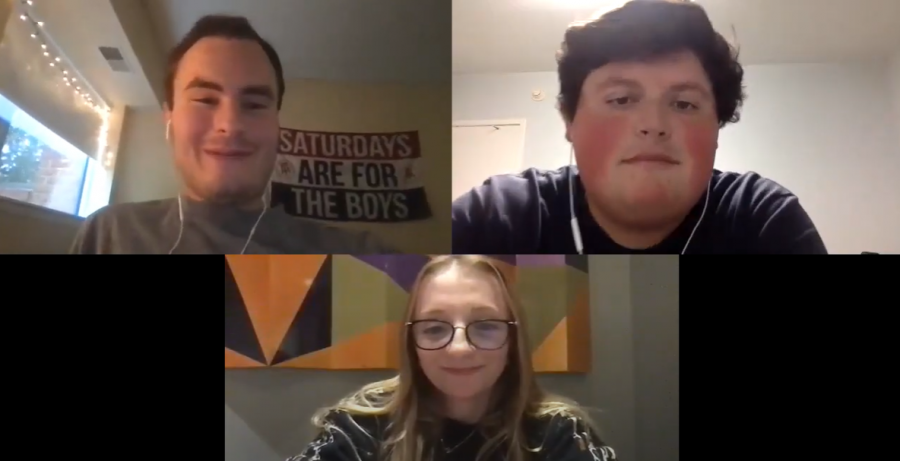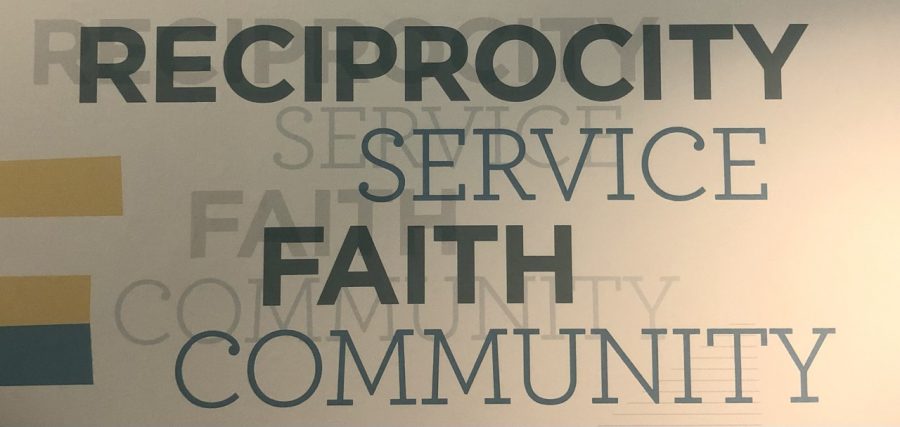In last week’s controversial opinion piece, rape was described as an “omnipresent hypercommonality,” implying that rape occurs much less than it is actually talked about. In reality, 1 in 5 women have been raped in their lifetimes, and 37 percent of first-time rape survivors are college-aged students (NSVRC 2013). The author cites an outdated study that claims 41 percent of these rapes are false allegations, later lowering that number to a “staggering 8 percent.” The percent of rapes that are falsely reported is actually 0-2 percent, which coincides with other crimes. However, rape differs from other crimes in the disturbingly high percentage that go unreported. Only 16 percent are ever reported, leaving 84 percent unacknowledged.
After introducing Loyola’s Consent is Sexy campaign, the author only mentions rape, which is not the sole focus of the initiative. Sexual violence, assault and nonconsensual actions and words are equally important when discussing consent. Consent is not a singular goal that must be achieved in order to protect yourself from the possibility of a rape allegation. Consent is an ongoing conversation that protects and empowers women and men alike. Instead of supposedly increasing the number of false rape allegations, our campaign will actually decrease this number and increase respectful relationships and encounters on our campus.
More than 90 percent of sexual assault survivors on college campuses do not report the crime (NSVRC 2013). Fear of victim blaming and the potentially negative reactions from others play a large role in that immense underreporting. Consent campaigns strive not only for the creation of supportive communities in which individuals feel safe reporting and where fewer incidences occur. The Consent is Sexy campaign is working to foster such a community here at Loyola. Our goal is not to accuse anyone on this campus, but to empower individuals to develop healthier interactions in a safer and more accountable environment. Articles like the one published in last week’s Greyhound work against such goals, perpetuating myths and deconstructing communities. We will continue this conversation in the hope that everyone’s voices are heard.











































































































